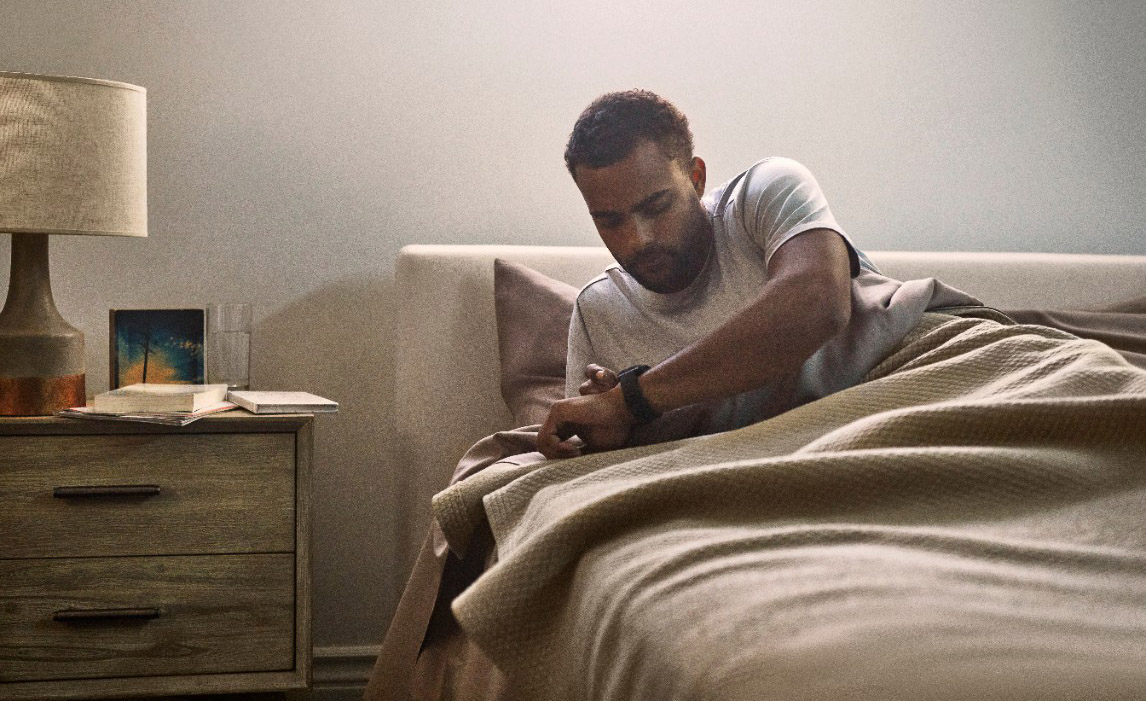Did you know today is World Sleep Day?
No, me neither.
But to mark the occasion — which draws attention to the link between quality of sleep and quality of health and wellness — Garmin has released findings of a study into the way the world sleeps, based on data from its smartwatches.
Garmin crunched data from its watches in the last three months of 2022 using Firstbeat Analytics, monitoring heart rate, heart rate variability, respiration rate, body movement and other information to assign a sleep score each night from a scale of 0-100 (the higher score, the better).
Quality of sleep is described as Excellent (90-100), Good (80-89), Fair (60-79) or Poor (0-60).
Only 5% of Garmin users achieved an average sleep score in the Excellent category and scores tended to drop for older people in the study.
The average sleep score for an adult in the 20-29 years old age range was 70, while it dropped to 66 by ages 50-59 and anyone over 70 averaged 61.
There were also geographical differences, with people in the Netherlands averaging the best sleep with a score of 71 and Asian nations Japan and Taiwan the most restless.
The UK was in the middle of the pack with an average score of 69.
Garmin’s sleep score is not only a measure of duration, but time asleep certainly matters.
People who slept less than 5 hours had no shot at achieving a sleep score in the Good range, and certainly not Excellent.
Interestingly, though, sleeping too much can be a problem as well.
Looking at the Poor scores, you can see that curve start to go back up once the user starts getting more than 9 hours of sleep. And among the few Excellent scores, 8-8.5 hours is sweet spot.



